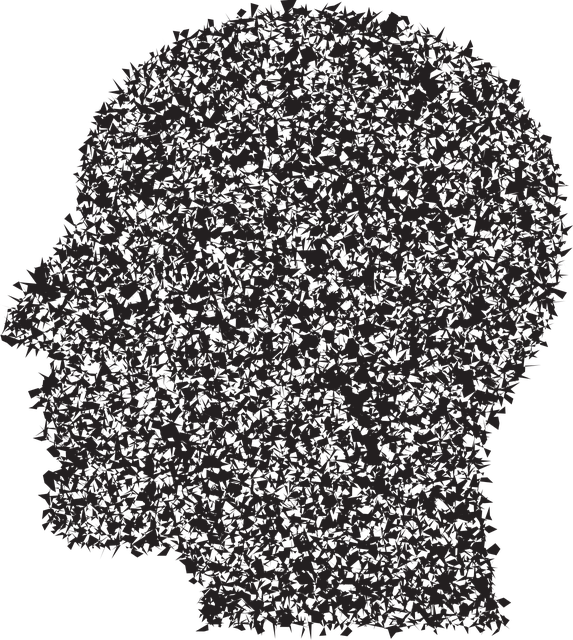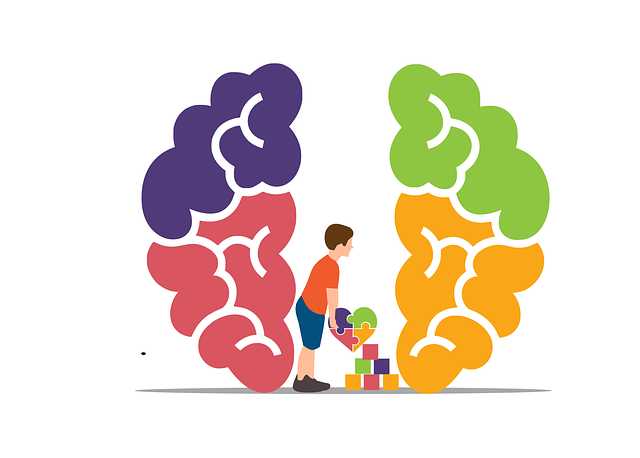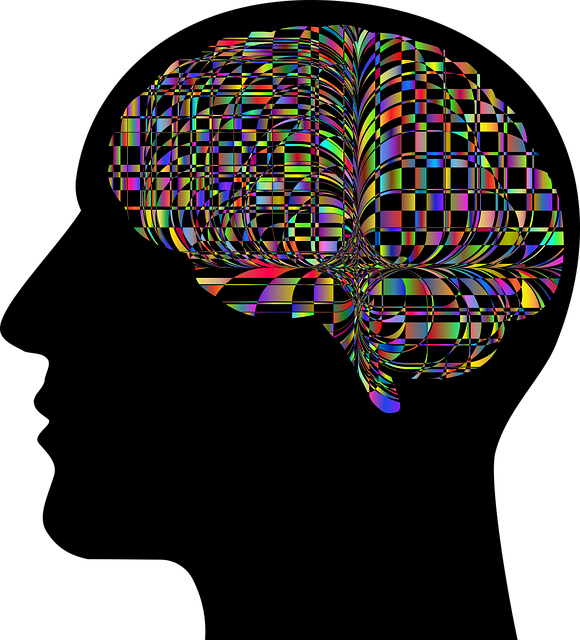Mood regulation is a key component of effective chronic pain management at Lakewood Chronic Pain Therapy. Strategies include Cognitive Behavioral Therapy (CBT) for changing negative thought patterns, mindfulness practices to reduce stress and anxiety, and physical activity to boost moods and prevent healthcare provider burnout. Complementary approaches like mindfulness meditation and cultural competency training enhance personalized care, improving treatment outcomes by addressing emotional well-being alongside physical pain.
Mood regulation strategies are essential tools in managing chronic pain, significantly improving quality of life. This comprehensive guide delves into various techniques designed to soothe and stabilize moods, offering relief for those navigating Lakewood chronic pain therapy. From evidence-based practices like CBT to holistic approaches such as mindfulness and physical activity, this article explores a range of methods proven effective in mitigating pain and fostering emotional well-being.
- Understanding Mood Regulation and its Impact on Chronic Pain
- Cognitive Behavioral Therapy (CBT): A Powerful Tool for Mood Management
- Mindfulness Practices to Calm the Mind and Body
- Physical Activity and Exercise: Movement as Therapy
- Complementary Approaches: Exploring Alternative Mood Regulation Techniques
Understanding Mood Regulation and its Impact on Chronic Pain

Understanding Mood regulation plays a pivotal role in managing chronic pain effectively. Chronic pain conditions often intertwine with emotional well-being, creating a complex interplay that significantly impacts a person’s overall quality of life. When left unaddressed, negative mood states can exacerbate pain perceptions and lead to increased disability and reduced functionality. Thus, implementing robust mood regulation strategies becomes an integral part of Lakewood Chronic Pain Therapy.
These strategies are not just therapeutic tools but powerful weapons against the cycle of despair and discomfort. By focusing on burnout prevention strategies for healthcare providers—who play a crucial role in chronic pain management—and fostering empathy building strategies within care settings, it’s possible to create a supportive environment that enhances patient outcomes. Furthermore, Healthcare Provider Cultural Competency Training can ensure that care is tailored to meet the unique needs of diverse patients, thereby improving access and effectiveness of Lakewood Chronic Pain Therapy.
Cognitive Behavioral Therapy (CBT): A Powerful Tool for Mood Management

Cognitive Behavioral Therapy (CBT) is a highly effective strategy for managing and regulating mood, especially in individuals dealing with chronic pain conditions like those often seen in Lakewood Chronic Pain Therapy services. CBT focuses on identifying and changing negative thought patterns that can contribute to emotional distress and disrupt one’s ability to cope healthily. By challenging these thoughts and replacing them with more positive and realistic ones, CBT empowers individuals to gain a sense of control over their emotions.
This therapeutic approach encourages the development of emotional intelligence, enabling clients to understand and manage their feelings effectively. Moreover, it can help in trauma support services by providing tools to process and overcome past traumatic experiences that might be influencing current mood states. The power of CBT lies in its ability to enhance positive thinking, fostering a more optimistic outlook and better stress management, which is crucial for maintaining emotional balance and overall well-being.
Mindfulness Practices to Calm the Mind and Body

In the realm of Lakewood Chronic Pain Therapy, mindfulness practices stand out as potent tools to calm both the mind and body. These techniques, often incorporated into healthcare provider cultural competency training, aim to enhance emotional well-being promotion techniques by fostering a deeper connection between one’s thoughts, feelings, and physical sensations. Mindfulness meditation, for instance, encourages individuals to focus on the present moment, acknowledging and accepting their emotions without judgment, which can significantly reduce stress and anxiety levels.
By delving into these practices, individuals not only gain a better understanding of their mind-body connection but also develop effective coping mechanisms to navigate challenging situations. In today’s fast-paced world, where mental health policy analysis and advocacy underscore the importance of holistic care, mindfulness offers a simple yet profound approach to promoting emotional well-being. This ancient practice resonates with folks seeking relief from chronic pain, helping them to find inner peace and cultivate resilience in their daily lives.
Physical Activity and Exercise: Movement as Therapy

Physical activity and exercise have long been recognized as powerful tools for mood regulation, offering a natural and effective way to combat chronic pain and its associated emotional distress, especially in Lakewood Chronic Pain Therapy settings. Beyond improving physical health, movement serves as a therapeutic outlet, allowing individuals to channel their energy into productive channels. When incorporated into routines, even short bursts of activity can significantly boost mood, reduce tension, and enhance overall well-being.
For healthcare providers focusing on burnout prevention, integrating exercise into patient care plans can be a game-changer. Burnout Prevention Strategies for Healthcare Providers often emphasize the importance of self-care, and physical activity is a key component. Encouraging patients to develop inner strength through regular movement not only supports their physical health but also fosters mental resilience, helping them to navigate challenging situations with renewed energy and focus.
Complementary Approaches: Exploring Alternative Mood Regulation Techniques

In addition to conventional treatments like therapy and medication, individuals seeking effective mood regulation strategies can explore a range of complementary approaches. Incorporating alternative techniques into one’s routine can offer unique benefits for mental well-being. For instance, Mindfulness Meditation has gained prominence as a powerful tool for managing stress and regulating emotions. By fostering present-moment awareness, it enables individuals to develop a deeper understanding of their feelings and triggers, thereby facilitating better emotional control.
Another emerging strategy gaining traction in the field of Lakewood Chronic Pain Therapy is addressing Healthcare Provider Cultural Competency Training. This aspect is crucial, especially considering the impact of cultural factors on mental health experiences. By ensuring that healthcare providers are trained to recognize and respect diverse cultural beliefs and practices related to mood regulation, individuals from various backgrounds can receive more personalized and sensitive care. This holistic approach integrates cultural sensitivity with evidence-based techniques, potentially enhancing depression prevention efforts and overall treatment outcomes.
Mood regulation is a multifaceted approach to managing chronic pain, with various techniques proven effective in alleviating symptoms. From cognitive behavioral therapy (CBT) and mindfulness practices to physical activity and complementary approaches, individuals in Lakewood can explore these strategies to gain better control over their mood and overall well-being. By integrating these evidence-based methods into daily routines, those suffering from chronic pain can experience improved quality of life and enhanced coping mechanisms.














